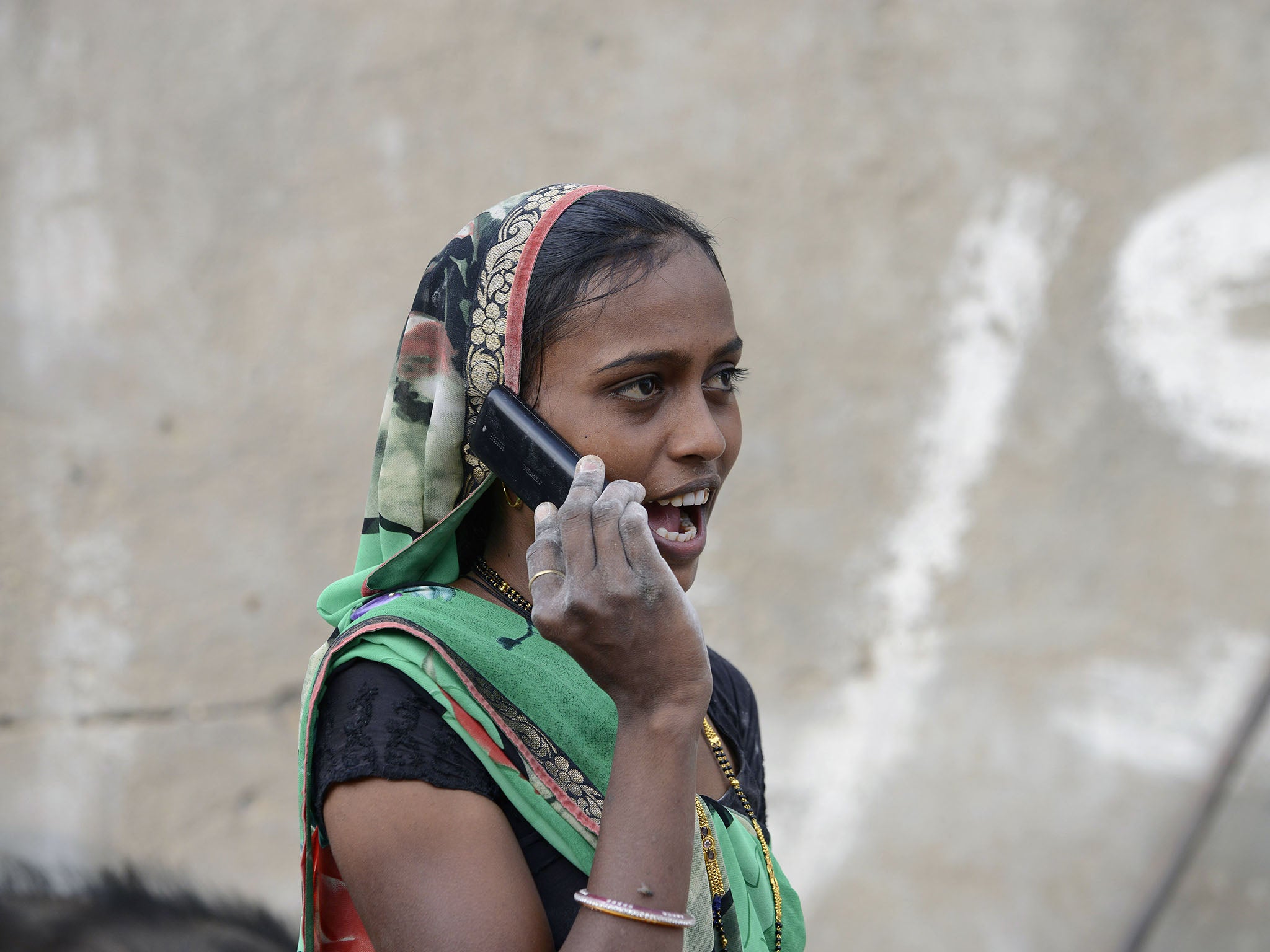India says that every phone must have 'panic button' to keep women safe
'Technology is solely meant to make human life better and what better (use) than ... for the security of women,' a government statement said

Your support helps us to tell the story
From reproductive rights to climate change to Big Tech, The Independent is on the ground when the story is developing. Whether it's investigating the financials of Elon Musk's pro-Trump PAC or producing our latest documentary, 'The A Word', which shines a light on the American women fighting for reproductive rights, we know how important it is to parse out the facts from the messaging.
At such a critical moment in US history, we need reporters on the ground. Your donation allows us to keep sending journalists to speak to both sides of the story.
The Independent is trusted by Americans across the entire political spectrum. And unlike many other quality news outlets, we choose not to lock Americans out of our reporting and analysis with paywalls. We believe quality journalism should be available to everyone, paid for by those who can afford it.
Your support makes all the difference.Every phone sold in India needs to have a panic button so women can call for help, according to a new rule.
The country has brought in legislation to force manufacturers to add the buttons amid rising concern for women’s safety.
Every phone sold from 2017 must have the button, which would allow people to contact authorities quickly in the event of problems.
And then from January 2018, mobile phones must also have a built-in global positioning system (GPS), the ministry of communications and technology said in a statement.
"Technology is solely meant to make human life better and what better (use) than ... for the security of women," said the statement, released late on Monday.
Keeping a finger pressed on number 5 or 9 on the new mobile phones should trigger an emergency call, the ministry said. With smartphones, an emergency call must be triggered when the power button is pressed three times in quick succession, it said. It did not give further details.
Concern about women's safety has risen since the fatal gang rape of a 23-year-old student on a bus in Delhi in 2012. In another high-profile case, an Uber taxi driver was found guilty of raping a female passenger in Delhi.
The 2012 incident sparked nationwide protests and stricter rape legislation. Still, India reported 337,922 crimes against women in 2014, including more than 36,000 rapes, a 9 percent increase from the previous year.
Some politicians and police officials have called for women to take self-defence training, to "dress decently" and not to loiter after dark, provoking protests from women's rights activists.
Online retailers including Flipkart, Amazon India and Snapdeal are selling products they say are aimed at women's safety. These include pepper spray, batons, brass knuckles and lipstick stun guns ranging in price from about 200 rupees ($3) to almost 7,000 rupees.
India is the world's second-biggest market for mobile phones, with more than 1 billion users.
But it is men who control their use in rural areas, and in the western state of Gujarat several villages recently banned girls and single women from owning mobile phones, saying the devices distracted them from their studies.
Additional reporting by agencies
Join our commenting forum
Join thought-provoking conversations, follow other Independent readers and see their replies
Comments